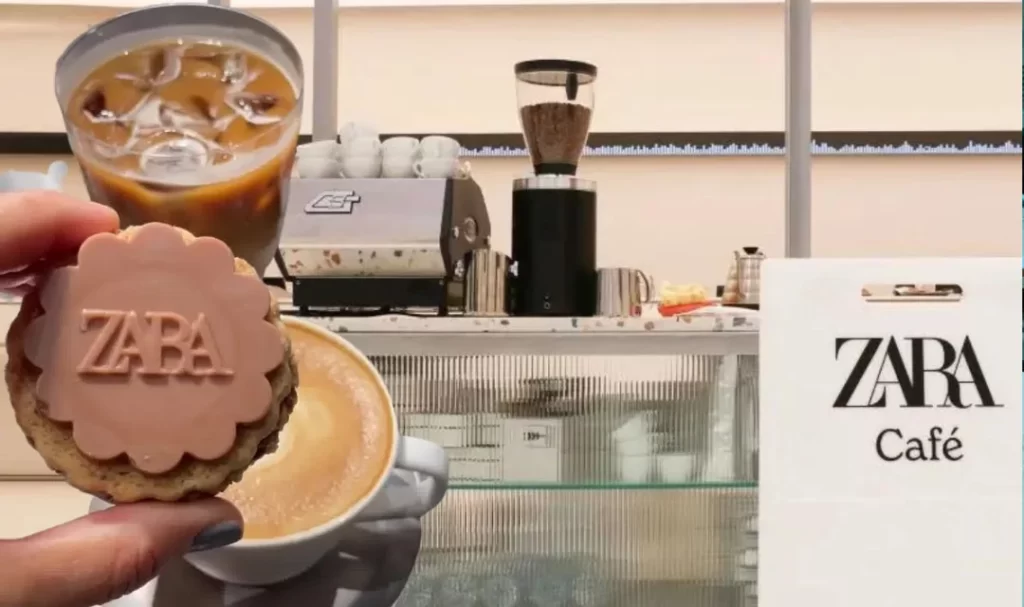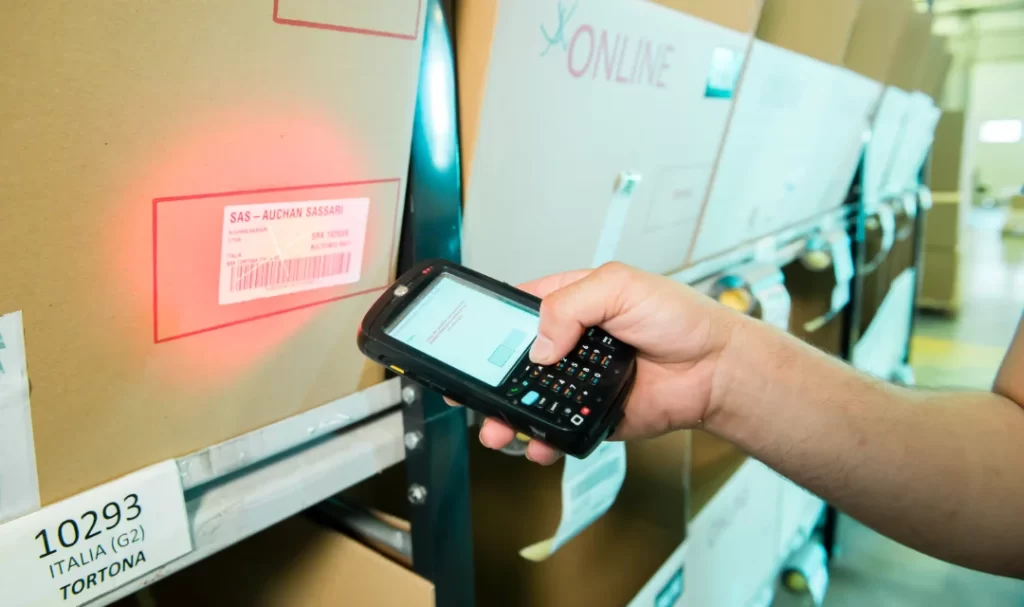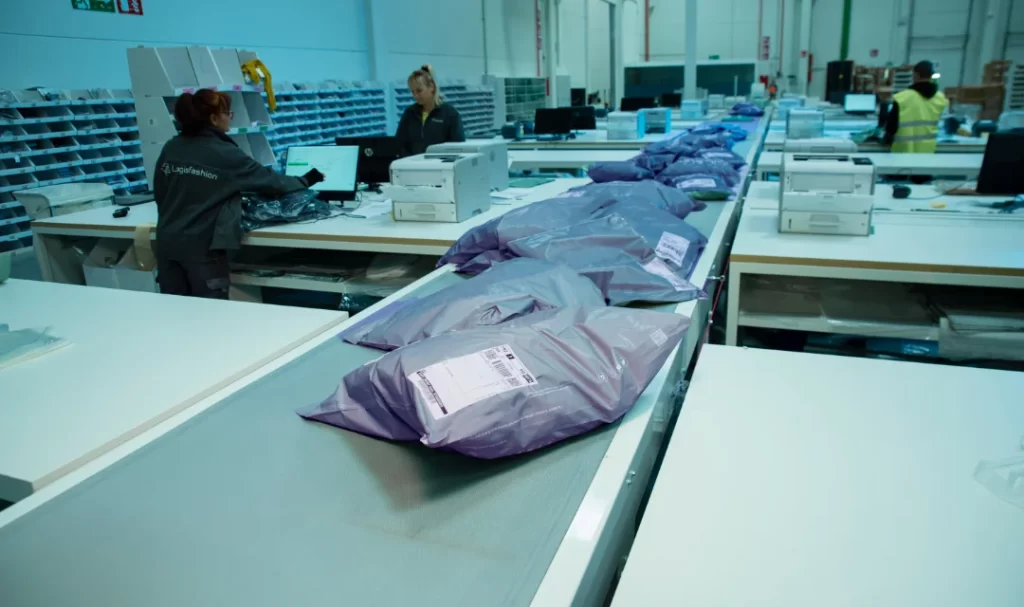This forms a core channel for worldwide trade and in recent years has managed to shift consumers’ shopping habits beyond recognition thanks to the upsurge in technology coupled with social media networks. Plus, eCommerce has had a direct bearing on the way in which shoppers communicate with brands. Users are increasingly better informed, connected and empowered, boasting greater skills to seek out data, compare prices and make purchases online from any point on the globe and at any time.
This has led brands to need to adapt constantly to the demands of this new customer profile, thus ensuring that their products are available online with trouble-free purchases that offer flexible and swift delivery dates. It will come as no surprise that data issued by Accenture state that 60% of users have increasingly turned more to digital channels to make their purchases, while 85% of end users expect online companies to offer an equal or even enhanced experience to that offered by physical stores.
This upsurge is such that, in Statista’s view, the forecast for 2024 suggests growth in eCommerce of 11.34% worldwide, largely boosted by emerging nations such as Brazil, Turkey, Mexico or other Latin American nations, while in others in which electronic commerce has already taken root, such as the USA or Spain, will see this trend stablilsing.
Furthermore, a third of the world’s population now makes some sort of purchase online in the present time. This is clearly visible in the fact that 20% of purchases worldwide in the retail sector are made via online stores. A percentage which has risen from 7% in 2015 and which is estimated to reach 24% in 2026, confirming thus that consumer shopping trends have changed for good.
Indeed, it is expected that income from online sales will amount to 8.1 billion USD in 2026, according to data published by Orienteed, and will reach 9.1 billion the following year, in the view of GroupM.
The upswing in omnichannel sales: The retail sector
Consumers increasingly turn to a multi-channel and smart approach to making their purchaseswhich has changed the way in which the retail sector interacts with them. This has meant that physical stores have required an overhaul to relaunch using technological aspects such as augmented reality or artificial intelligence to enhance 360º experiences for their customers, who expect greater personalistion, grounded on their interests and shopping habits. Indeed, in a study carried out by PwC, it is shown that 73% of end users state that the shopping experience is a key factor when deciding which product to purchase. An example of the foregoing is Zara Collective, Zara’s coffeeshop, where shoppers can enjoy cakes and even specialist coffees while they make their fashion purchases. Another can be seen in the Lefties Digital Store, its acclaimed hyperconnected fashion store offering garments for the entire family (including even toys and beauty sessions) which takes the shopping experience to a new level and allows for both channels to live in unison. An overhaul which has allowed for the sales processes to be simplified in order to understand customers and their preferences.

eCommerce is also undergoing constant transformation thanks to technology, mainly all the marketplaces (which group together the majority of the purchases made online on a worldwide scale) and solely online stores which back innovation to be able to make up for the experience a physical store can offer, particularly in sectors such as fashion.
A standout example here is Amazon, which uses Artificial Intelligence to help customers in the purchases of clothing online through Amazon Fashion, advising them thus in a more accurate manner in aspects such as sizing as to reduce the number of items returned. The future will inevitably entail the fine-tuning of these technological aspects so that we can view exactly how a garment will look on us without the need to try it on in the store, while even being able to know how a perfume will smell.
The blend of the best of the physical and digital worlds, duly named phygital, is defining the ethos of contemporary shopping, as customers seek out simple and swift purchasing processes. For this reason, modern technologies offer a crucial role by enabling customers powers to view products from any location while reducing the uncertainty commonly felt when shopping online. Furthermore, they allow for physical stores to evolve and go beyond acting as mere sales points, thanks to their adopting components such as digital screens, connected sensors and augmented reality.

This use of omnichannel sales is garnering increasing presence in both worlds, up to the point in which GroupM has published estimations that 19% of retail sales made in 2023 were performed using eCommerce. What is more, the forecast is for this figure to continue to increase in the coming years, reaching 25% by 2027. This entails that, regardless of the method the customer uses, they must receive the same information and benefit from the same advantages.
The importance of logistics in Panama
New technological advances are destined to take centre stage in electronic commerce and retail in the coming years, in the view of Softtek, whose opinion states that they will perform a crucial role in redefining shopping experiences, which from now on must be more tailor-made, immersive and socially connected. And here is the key to this. As the shopping experience also entails other factors that may lead to a sale being lost, namely additional costs involved in shipping and lengthy delivery times. This means it is necessary to have in place groundbreaking and efficient logistics that enable all the requirements of an increasingly more demanding clientele to be met.
- Technology allows for the development of tools that help to improve sales and increase the average amount billed in purchases, while also:
- Having greater control over stock levels
- Cutting times when locating items.
- Offering multiple delivery options (store, easy pick-up points)
In this way, the complete and satisfactory customer experience is guaranteed, handling their expectations throughout the entire process, from searching for a product to receiving it in their home. Because their satisfaction does not solely rely on the article being as described on the web, it must also arrive on time and in a good condition. Otherwise, it is highly likely that they will not purchase further items.
According to Forrester, the approach of businesses must be in line with technology and with a greater efficiency of its logistics, whose potential will help them generate a more attractive commitment and greater loyalty by their clients. Choosing the most suitable logistics operator is key to avoiding issues throughout the supply chain while generating a brand image that is more positive and strengthened. All customers expect, once they hit click, to receive their purchases in the swiftest and simplest manner, because efficiency in this area is vital to connect and streamline all processes.

At Logisfashion we have a great expertise in online commerce, and we are aware of how the market develops in order to evolve with it, with the aim of offering our customers a comprehensive value proposition, as well as customised solutions for their supply chain. To do this, we have cutting-edge technology that allows us to adapt to these contemporary trends and different possibilities to connect with the different channels, to be able to offer brands everything they need: good customer service, reduced delivery times, competitive prices and, of course, the most efficient logistics.
For this reason, state-of-the-art and ground breaking firms trust Logisfashion to act as their benchmark logistics operator Worthy of mention amongst these are Blue Banana, PdPaola, Nude Project, Gant, Gocco, Tommy Hilfiguer, Plátano Melón, Álvaro Moreno, Carters, Gerber, Prune, Accura8 or Crocs, alongside certain brands from the most important Spanish fashion group worldwide, who entrust in us their logistics processes to be able to devote their time to consumers’ satisfaction and loyalty. A tandem which accomplishes the finest shopping experience for their customers. And allows for eCommerce to enjoy a long and healthy life.

